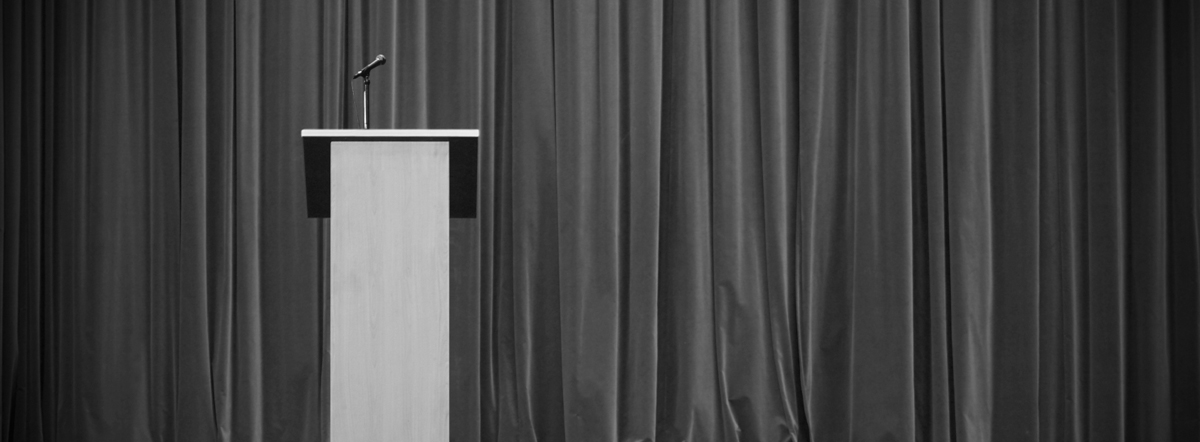It’s been a while since my last post, primarily because much of my attention has been focused on my other endeavor over at the Rock and Shell Club. But that doesn’t mean I haven’t been nurturing several rants, large and small. I am occupied by the usual topics of critical thinking, the over-saturation of social media in our daily lives, and the peaks and valleys of capitalist consumerism. One goal I’ve been considering for quite some time is to develop a curriculum or course description for an anthropology class that centers around the topic of critical thinking. More specifically, I’d like to teach a class that discusses how and why people think about things the way they do. Anthropology is ideally suited to such a topic, because anthropological analysis requires cultivating the ability to see things from other points of view.
Michael Shermer wrote a book that I would require for my class: Why People Believe Weird Things. This book clarified and helped me conceptualize many of the things I was already thinking about the workings of the human brain. I believe that having a good understanding of how people think is absolutely crucial to living a fully aware life. Even more important, understanding how thinking works, and how it can trip us up, helps us be more careful about our own thinking process. It’s one thing to criticize and evaluate others’ ideas; it’s something else entirely to be able to turn that process back onto your own analyses. I think the world would be a better place if more people did this. To that end, I’d like to discuss, in a series of posts, some of the basic logical fallacies. These are the things that seem to be the most common in people’s thought processes, and the things I think everybody should know and look for in their own thinking. They are also the things I’d start with in my eventual class on critical thinking.
A fallacy in thinking basically means coming to an irrational conclusion that is not supported by the facts. Instead of arguing from a factual or rational basis, logical fallacies tend to revolve around arguments that stem from emotion, appeals to the spiritual or supernatural, personal attacks, or errors of cause and effect. They fall into many categories and some are more common than others. One of the most common, and simplest to explain, is the ad hominem argument. An ad hominem argument is generally understood as one in which you attack the arguer rather than the argument. This is commonly perceived as a personal attack, where you berate, insult, or criticize the person with whom you are arguing. However, it is important to note that an ad hominem argument does not have to be an attack per se; it is simply an approach by which you say something about the arguer rather than the argument. So, to take a simple example, you could say “You only support gay marriage because your brother is gay; therefore, gay marriage shouldn’t be legalized.” In this argument you aren’t saying anything negative about your interlocutor; but neither are you saying anything factual, rational, or logical in support of the position that gay marriage should or shouldn’t be legal.
The ad hominem argument does absolutely nothing to advance your case. If it is the kind of ad hominem that actually stoops to the level of a personal attack, then I feel it may actually impede your case – not in a rational sense, because the ad hominem argument does not in any way negate the logic (or lack thereof) of your position – but because it degrades and impedes constructive discourse. No matter how much you may personally disagree with someone’s position, no matter how much personal animosity you may feel towards them, no matter how egregious or offensive or bigoted or immoral you may find their position to be, none of those feelings have any bearing on the logic of either your or your opponent’s position.
I started with ad hominem not only because it’s the simplest, but it is extremely common and, I believe, extremely damaging. If you use it as a personal attack, your bring yourself down. If you use it to question or draw attention to the arguer rather than the argument, it does nothing to help prove your case. Believe me, I know what it feels like to get angry during a debate, and I know what it feels like to want to call your opponent names or question their character. Resist the urge. If your position truly has merit, that in itself should give you the ammunition you need in your fight.
Speaking of which, once you’ve retired the ad hominem argument from your arsenal of false weapons, you are on your way to making more room in your quiver for logical arrows. In the next post, I’ll address some of the more complicated, but still common, logical fallacies that remain.



